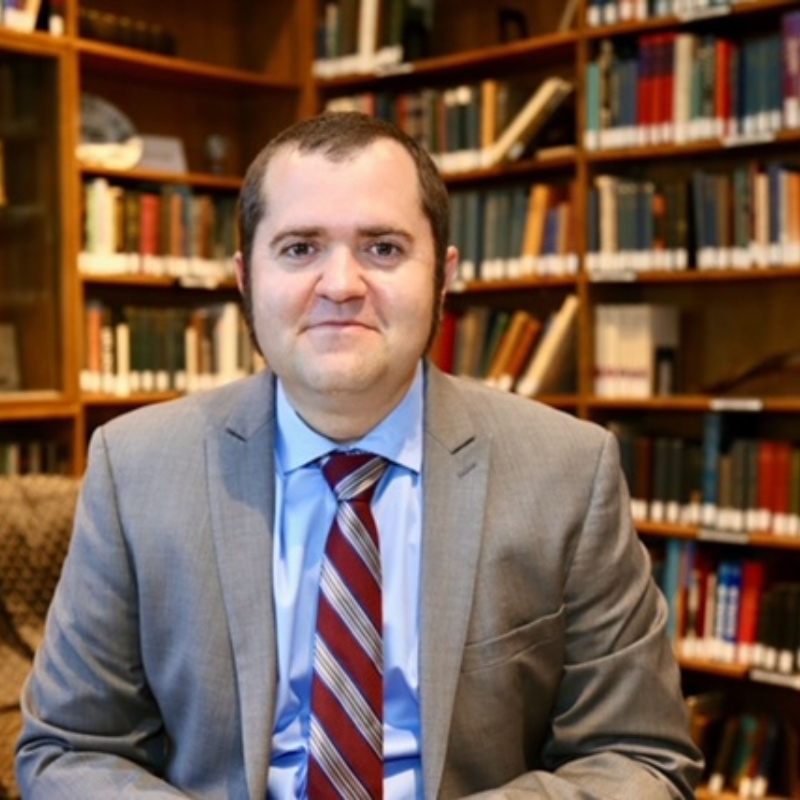Throughout history, the Jewish people have faced countless challenges and crises. From the pharaohs of Egypt to the czars of Russia, our communities have needed to navigate persecution, oppression, and exile. Despite repeated hardships — ones that have arguably altered our individual and collective DNA — our resilience can be seen throughout the ages. The roots of this perseverance could arguably be traced to our earliest ancestors, who stood up in their commitment to justice and human dignity.
Two striking examples of this spirit can be found in Parshat Vayera. In what could be considered one of the most daring episodes in the Torah, Abraham confronts God with an impassioned plea for justice in the face of impending destruction. The city of Sodom, notorious for its wickedness and cruelty, is on the verge of destruction. Here we see “…Abraham remained standing before Adonai. Abraham stepped forward and said, ‘Will You sweep away the innocent along with the guilty?’” (Genesis 18:22-23) As Robert Alter notes, the verb for Abraham “stepping forward” often signifies someone approaching a ruler or authority to plead a legal case, as though Abraham is preparing to make a bold legal argument. (The Five Books of Moses) This is not the Abraham who meekly accepts the divine will, but rather the Abraham who rises to confront what he sees as injustice, questioning God’s plan and demanding mercy.
Find more commentaries on Vayera.
Abraham’s audacity is remarkable because it flips the conventional human and divine relationship. In a world where the Divine is seen as omnipotent, Abraham becomes the advocate for the vulnerable, standing as a voice for the innocent who may be caught in the general tide of destruction. He does not act as a passive recipient of divine will but as a fierce and determined upholder of justice, even when that justice seems to contradict the laws of the land — or, in this case, the divine decree.
Our second example of the defiant spirit gets expressed in drastically different fashion by our matriarch, Sarah. After hearing what seems to be a ludicrous statement about her body, Sarah laughs. (Genesis 18:5) Later on, she gives birth to a son, and the laughter is transformed. “All who hear about it will laugh with me.” (Genesis 21:6) Sarah has the power to transform a painful moment, using laughter as a way of undoing the fear and anxiety she feels. She becomes the mother of laughter, her way of ribbing and kidding and giving herself power with Abraham and God. (The Five Books of Miriam) Sarah shows us that laughter and jokes have a way of inverting the internal anxieties and the fears an oppressor might seek to stoke within us.
There are many ways to laugh and show a defiant spirit. It could be in the making of memes. Or, it could be more powerful. In the 1990s, Serbian students were constantly under physical assault from law enforcement when they tried to publicly protest. They would joke amongst each other, “It only hurts if you’re scared.” (Waging Nonviolence’s article on 10 Ways to Be Prepared) They provide an example of the transformative nature of laughter, showing how they took a new attitude towards police brutality. Laughter can release us, free us up to approach the heavy work of countering the forces that want to transform our society away from human dignity.
Find more commentaries on Social Justice: Leadership and Philosophy.
One of our great modern sages, Rabbi Samson Raphael Hirsch, noted how we need to be on the lookout for Sodom-like conditions, where each human’s value is judged by their usefulness as an object of enjoyment and egoism elevates itself. Sodom’s society, obsessed with self-interest and devoid of compassion, built systems that enforced inequality and disregarded the most vulnerable. Laws — mishpat — got leveraged without justice — tzedakah — in a way that became perverted and cruel. (Timeless Torah) We see echoes of Sodom’s society today: a government that serves the powerful, policies that prey on the vulnerable. From policies that disproportionately affect people experiencing poverty, to systems that fail to address systemic racism or inequality, the story of Sodom reminds us of the dangers of saying nothing.
Like our ancestors, through courageous pleas, we can reject this social order and demand a vision of justice that encompasses kindness and joy. This vision of justice does not separate righteousness from compassion, but recognizes that the holy treatment of the “other” is rooted in both. Like Abraham, we are called to step forward, raise our voices in defense of those whose rights are being violated, and advocate for a more just and compassionate world. Abraham and Sarah’s behavior before God is a model for us all. May we fight for justice with courage and laughter, even in the face of overwhelming odds.
Rabbi Matt Dreffin (he/him) currently resides in Birmingham, AL, while he serves as the manager of rabbinic education at T’ruah. He earned his Masters in Jewish Education and Rabbinical Ordination at the Hebrew Union College–Jewish Institute of Religion in Los Angeles. A recipient of the Covenant Foundation’s 2019 Pomegranate Prize, he is always thinking through an educational lens, whether it is designing webinars for clergy or painting projects for his family.

